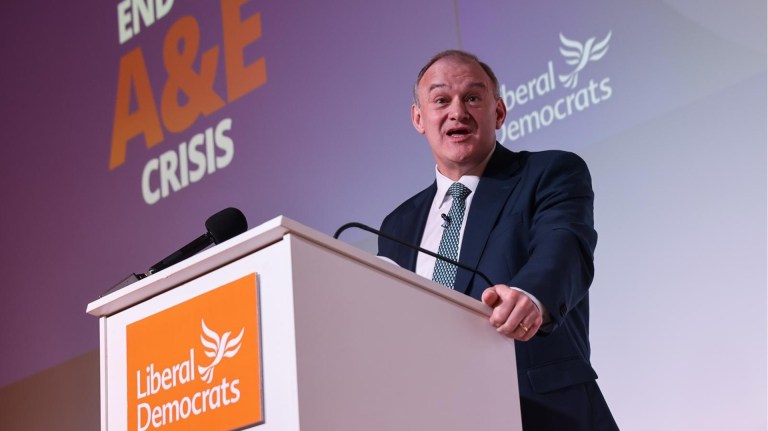“It’s not real in the same way rising prices or low wages are real,” says James Meadway, an economist who served as an advisor to John McDonnell. “The ‘black hole’ is something that is produced by very uncertain forecasts and the government’s own targets for the debt.
“If forecasts or the debt target changes, the ‘black hole’ also changes – and potentially even disappears.”
Economic forecasts are produced by the Office for Budget Responsibility, which makes an assessment of whether the government will hit its own “fiscal rules”. The government responds to these and decides what to do. These measures usually form a large part of a chancellor’s budget plans.
“Normally the government then adjusts taxes or spending to ensure its rules are met,” says Simon Wren-Lewis, professor of economic policy at Oxford University.
Your support changes lives. Find out how you can help us help more people by signing up for a subscription
The government could miss its targets
The targets aren’t laws of nature. The government could actually miss its fiscal rules and it would not ruin the country. If it did so for a good reason, such as an impending recession, Wren-Lewis says “in my view nothing would happen.”
Advertising helps fund Big Issue’s mission to end poverty
“If it’s a reason which increases uncertainty about the economy and interest rates, as in the Kwarteng fiscal event, then there could be some negative market reaction.”
The language around a “black hole” is misleading, says Wren-Lewis “because it suggests these rules are somehow natural rather than the choice of governments”. Instead of a black hole, we should talk about the government’s targets themselves, rather than taking it as a given that they need to be met.
Meadway expands: “The targets are pretty arbitrary – the government wants to be able to say to people lending it money that it has a plan to keep debt under control.”
Get the latest news and insight into how the Big Issue magazine is made by signing up for the Inside Big Issue newsletter
The government could pick other targets
So what else could be done? Are the choices made in Hunt’s Autumn Statement as natural as choosing to pull your parachute while plummeting to the ground?
“There’s no good reason to pick this specific target of debt falling compared to GDP in five years’ time, and many economists would argue there are other targets to pick – for instance, one further into the future, or one allowing plenty of borrowing for long term investments like renewable energy,” says Meadway.
Advertising helps fund Big Issue’s mission to end poverty
There are also other alternatives, says Dr George Dibb, head of IPPR’s Centre for Economic Justice.
“Making cuts to public services and harming our prospects of growth just to close a hole of your own creation is short-sighted,” Dibb told The Big Issue.
“Of course the government needs a solid plan for sustainable borrowing and spending, but the most fiscally responsible thing to do would be to protect vulnerable households from the cost of living crisis and to shorten a potential recession by investing in growth.”
Read more of the Big Issue’s coverage of inflation and the Autumn Statement:






